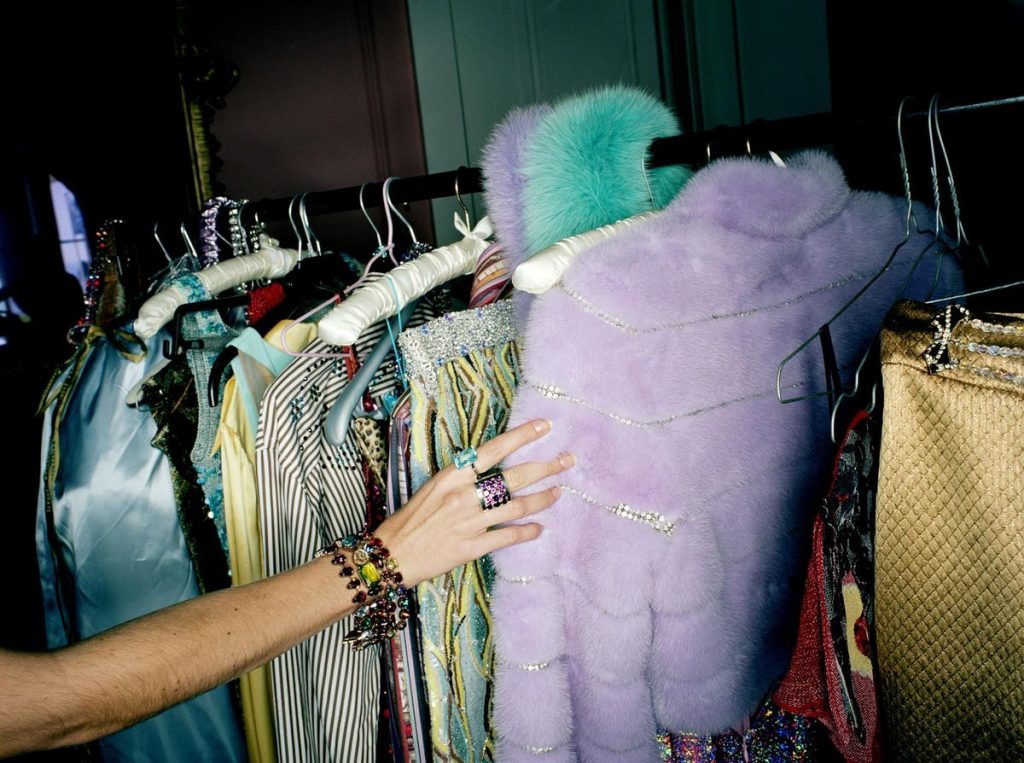Renae Gaudette, Chief Operating Officer at Winmark the Resale Company.
“Retail is dead” is something we’ve frequently heard in recent years, often in pieces predicting a world powered entirely by e-commerce. It’s true that the share of shopping customers online has increased. New online resale marketplaces and delivery services are popping up everywhere. Knowing this, it is tempting to ask “What can’t you buy online?” and consider the matter settled.
For the sake of argument, let’s set aside that going to the store is just more enjoyable—Retail Dive found that “54% of consumers stated that it felt good to return to physical stores.” Instead, let’s ask the inverse of that question: “What can’t you sell online?” There are vast product categories that don’t lend themselves well to e-commerce. You can probably think of a few off the top of your head.
The resale industry is more than selling used luxury goods online—it encompasses used items of all kinds that may be more e-commerce-resistant due to their lower retail price points. So much so that I think resale might just be the future of retail—for businesses and franchises of all sizes.
By understanding why in-person resale, like brick-and-mortar, has such staying power versus buying online, you can start to understand what the future of commerce might look like in the coming years—and the opportunity inherent to the sector.
Why It Works
Having started my career as a store manager in a children’s resale store in Minnesota, I’ve followed the trajectory of the resale industry as a whole: From a local community staple to the remit of global luxury brands and streetwear icons.
Throughout most of my time in resale, I haven’t seen a reason to question the core model. Sellers came in with a product, which is purchased directly from them and eventually resold to buyers. It’s a simple, profitable and locally sustainable process that creates a direct connective relationship with the retail business, the seller and the buyer. Only with the rise of e-commerce are people questioning this model.
Countless online resale platforms have sprung up over the last several years targeting different demographics and products. In some instances, they’ve done well. But e-commerce fundamentally changes the model that makes physical resale so successful.
With an online platform, the product is either shipped to a distribution center or person-to-person (with the cost passed onto the consumer). Plus, the seller has to wait to get paid. With a physical store, the product walks in your door every day. Payment is typically made immediately. There are no transportation costs to the business, so you can offer a fair price to the seller and ensure a good markup that provides high value to the buyer. Those healthy margins start to decline once you introduce shipping and e-commerce fees into the equation.
Setting aside the dollars and cents, consumers are bound to have valid concerns about any resold item. “How much life does this item have left in it?” is ultimately a subjective question for which we all have different standards of criteria. In the same way that there’s no substitute for test-driving a car or touring a new house, buyers of resold items will often need hands-on experience with an item before they buy with confidence.
Franchising As A Way Into Resale
I believe that opening a resale franchise is an exciting way to capitalize on the resale market’s explosive growth.
While many would-be franchisees have been thwarted by rising costs in recent years, resale remains a much more accessible way to step into franchising compared to other sectors. I’ve found that the typical net worth required is around $400,000 compared to $1 million for big players in the food and beverage industry.
From budget-conscious shoppers to eco-conscious individuals who are looking to reduce their carbon footprint, resale offers something for everyone. It’s also worth noting that resale franchises often provide an opportunity for entrepreneurs to connect with their local communities in a way that traditional retail models simply can’t match; it’s not often that your retail customers are both selling and buying products from you in addition to being members of your local community.
Tips For Getting Started
If the above sounds appealing, there are a few things to keep in mind.
First, do your research. Understand the resale market in your area as well as the types of products that are in demand. You’ll want to make sure that there’s a viable customer base.
Second, consider partnering with an established resale franchise. This can give you access to the training, resources and support that you need to get your business off the ground.
Finally, focus on building a strong brand and customer experience. As we’ve already discussed, the resale market is all about building trust with customers. Make sure that your store is clean, well-organized and staffed with knowledgeable employees who can answer questions and provide guidance.
Whether you’re interested in starting a resale franchise or simply shopping for used goods, understanding the unique benefits of in-person resale is key to setting yourself up for success. But as the retail landscape continues to shift, brick-and-mortar or in-person resale will find themselves front and center.
Forbes Business Council is the foremost growth and networking organization for business owners and leaders. Do I qualify?
Read the full article here






